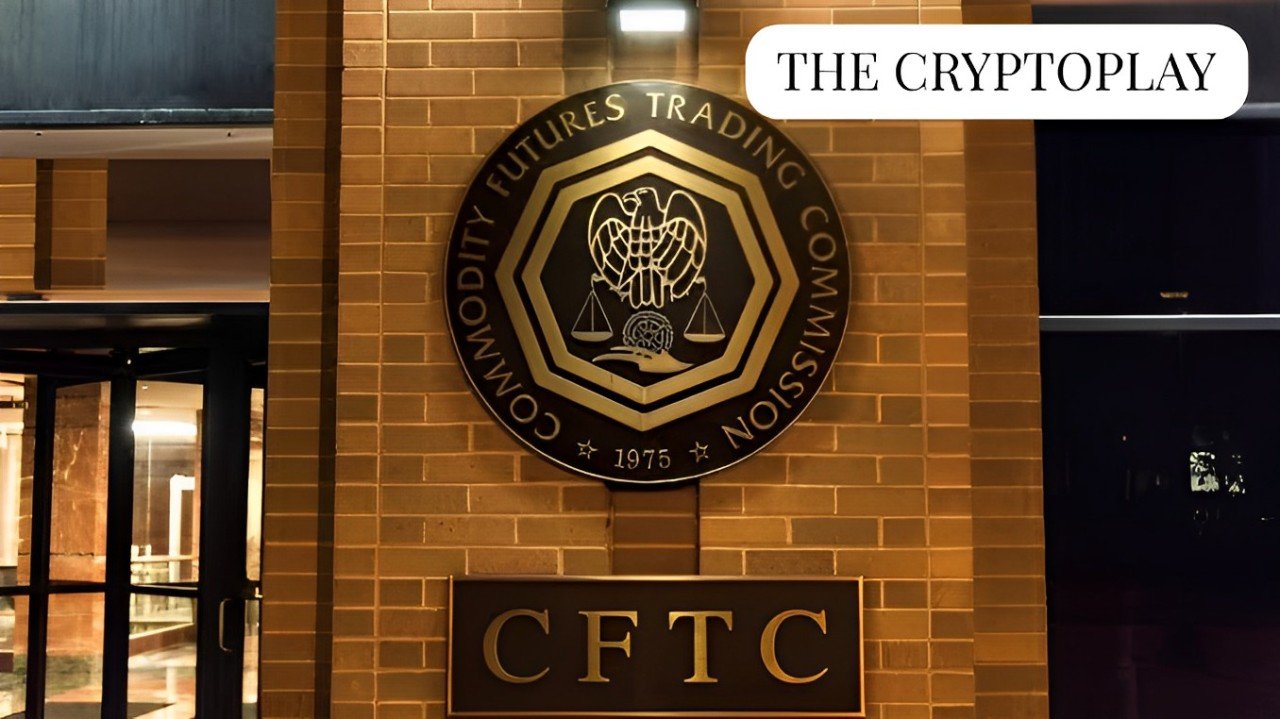CFTC Chair Rostin Behnam recently reiterated to the U.S. Senate that Bitcoin and Ethereum should be classified as commodities. This position aligns with a recent Illinois court ruling, which determined that both cryptocurrencies qualify as commodities under the Commodity Exchange Act. Behnam emphasized that the CFTC should oversee Bitcoin and Ethereum to safeguard investors, highlighting five legislative priorities for improved regulation of digital commodities.
In his testimony before the Senate Committee on Agriculture, Nutrition, and Forestry, Behnam pointed to a July 3 ruling in an Illinois district court involving a $120 million Ponzi scheme. The judge in this case classified Bitcoin and Ethereum, as well as lesser-known cryptocurrencies Olympus (OHM) and KlimaDAO (KLIMA), as commodities.
Behnam stressed the urgency for federal legislation to establish a regulatory framework for digital assets, stating, “Our current trajectory is not sustainable. Federal legislation is urgently needed to protect American investors and the financial system from future risks.” His five key legislative priorities include:
- Tailoring regulations to address the unique risks of cryptocurrencies
- Implementing a permanent “fee-for-service model” for funding
- Mandating comprehensive disclosure for registrants regarding crypto assets
- Enhancing Know Your Customer (KYC) and Anti-Money Laundering (AML) measures
- Creating a framework to distinguish between commodities and securities under existing law
Behnam also referenced a 2022 report from the Financial Stability Oversight Council, which identified regulatory gaps in the spot market for “digital assets that are not securities,” suggesting a greater role for the CFTC.
While some in the crypto community view Behnam’s testimony and the Illinois court ruling as positive developments, it’s crucial to note that the court’s decision is not legally binding across other jurisdictions. Anthony Tu-Sekine, a partner at Seward & Kissel, clarified that trial court rulings are not precedent-setting for other courts.
The classification of cryptocurrencies, especially Ethereum, has sparked debate among regulators. Although the CFTC has regarded Ethereum as a commodity since 2019, the SEC has not clearly defined its stance. However, the SEC’s approval of spot Ethereum ETFs in May 2024 was interpreted by some as an implicit recognition of Ethereum’s commodity status.
Behnam emphasized the importance of collaboration between regulatory bodies, stating, “The SEC and CFTC have a longstanding partnership that facilitates strong regulation of securities and derivatives markets. I am confident that both agencies will continue to work together to ensure a reliable and efficient system for the trading of digital assets on regulated exchanges.”





